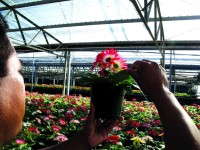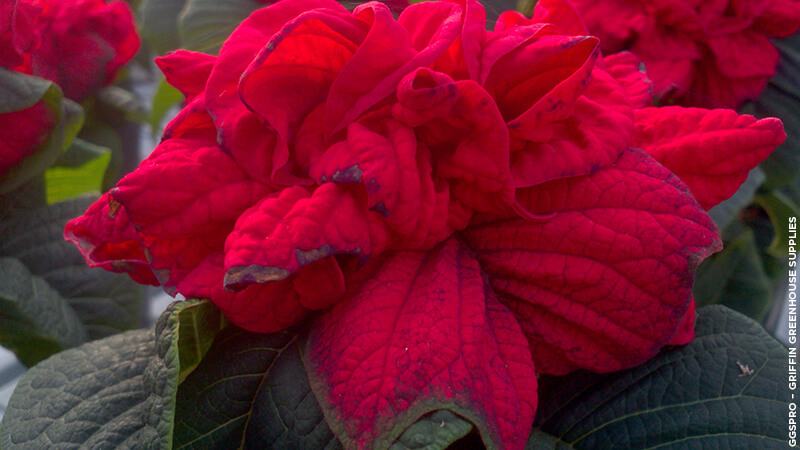How To Develop & Maintain A Growing Team

Even in the best of times, developing a cohesive, professional team of growers is crucial to ensuring a successful greenhouse operation. When economic times are tough, this task is even more critical. The role of the head grower transcends growing quality plants. The most important thing head growers can cultivate is their team.
When growing strong plants, it is understood that you need a good start. Seed quality, germination and vigor all must be present, or the plant will struggle and possibly never recover. The same is true for developing your team. It all begins with good hiring practices.
In an interview, there is one key question that must be asked: “What do you want to do with your life?” If applicants just want a job, then keep searching for someone else. A background in agriculture or the horticulture industry is a good start.
Even if applicants don’t have the background you seek, they may demonstrate the passion and persistence to become a grower. In cases like these, it might benefit you to give them a shot. If applicants have no ambition to succeed as a grower, move on. Money and time are precious resources that cannot be wasted on those who show little or no promise.
Once you select a new team member, the head grower must take an active role in training, teaching, motivating and mentoring.
Train Effectively
It is imperative to assimilate new growers into the team and train them on the basic day-to-day activities of growing. Having written standard operating procedures to use as a training tool is a big advantage. A grower program guide would help structure the training process, but constant communication and reinforcement of cultural principles are a must.
Each grower will show promise in various areas of production. Yes, it is important for all growers to be able to grow all of the plants offered by your facility, but certain ones will excel in some crops over others. Put them where they excel, but have a backup plan for them. New growers need extra guidance, and the growers with experience can help guide them.
Don’t isolate growers. Good communication will not only strengthen the team as they feed off each other’s experiences, but it will offer consistency. As good communication continues, trust develops between growers. Growers working together on projects and in other areas like shipping will also strengthen the team. Those who are unwilling to share their knowledge or help the team have no place at your facility.
Be A Teacher
Understanding the difference between training and teaching is fundamental to a head grower’s success. It has been said that a good grower knows how to grow plants, but a great grower knows how plants grow.
So be a teacher. Create a sturdy foundation by teaching basic, fundamental growing skills on each crop through all stages of growth. Include explanations on any tricks of the trade and why they are necessary for specific crops. The environment (weather) is always changing, and adjustments must be made daily to achieve the goals set for each crop and end up where you want to be: in control of your plants.
Obviously there are many other variables that need to be understood and managed, including water quality, soil, disease and pests. All of these things must be taught and reinforced routinely. Remember, understanding how and why plants react to the environment is the cornerstone to becoming a great grower.
Motivate
Give positive reinforcement to your growers by acknowledging their good work and contribution to the team’s success. Everyone wants to know they are important to the team. Whenever possible, give growers increased responsibility as they demonstrate more competence and confidence. If one grower is struggling in an area, review protocol and bring the group together to resolve the problem. Never berate or embarrass them; build them up instead.
Give words of encouragement, too. I do it for my growers daily, but I also call them out on things they should have done or should be doing. Never make them feel bad about themselves, but don’t sugarcoat something that is not working. Otherwise, it may bite you in the end.
Serve As A Mentor
Keep building rapport with your growing team. Let them know you have faith in their abilities and that you respect them and their opinions. Show them support when needed, and don’t brush off their concerns or ideas, because everyone has something to offer. Listen and act on any issues or new ideas that might benefit everyone.
Good growers are hard to develop and hard to find. Some of them are content to stay as growers, while others show promise to move up into grower management. If you need to fill a void, look to your strongest growers to help. This will give them a greater opportunity to keep moving forward – especially for those who want more.









